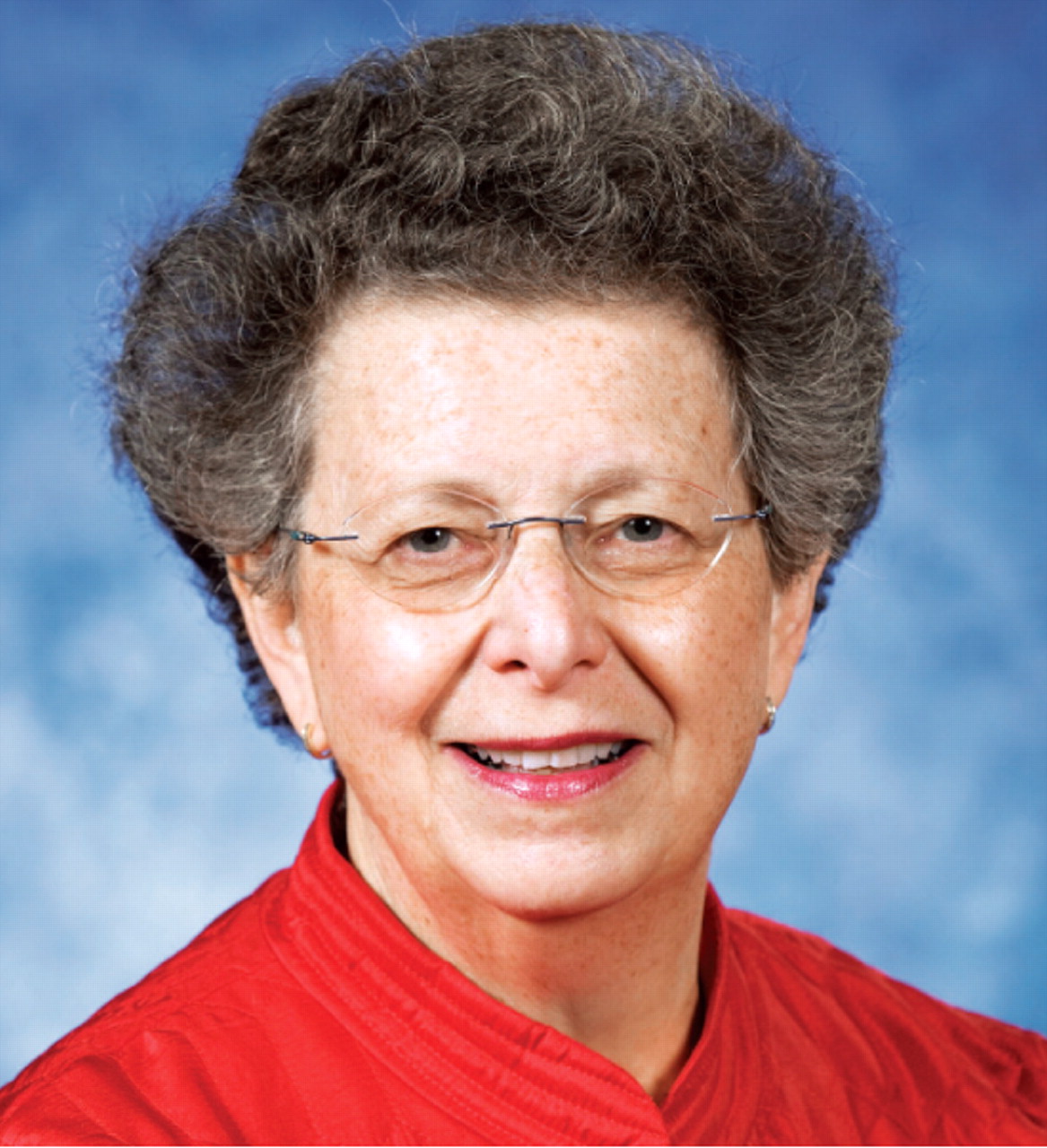As I write this column, I am watching the image of thousands of people all over the world, weeping and cheering at the election of Barack Obama. Whatever our individual political views, we have all witnessed a stunning achievement. Two years ago, polls showed that in a presidential race between John McCain and Barack Obama, McCain would receive over 500 electoral college votes and Obama fewer than 40. Now the American people have upended that ratio.
As I grew up on the South Side of Chicago, the African-American adults I saw were maids and train porters and postal workers; other careers were seldom open to them outside the African-American community. To achieve the position of president of the United States was inconceivable. Now on the South Side of Chicago, my husband and I are listening to a stream of firecrackers. People driving down the street are honking their horns with joy. On television, Oprah Winfrey and Jesse Jackson and hundreds of people of every shade of skin are weeping. So am I.
We psychiatrists are physicians who work with language and emotions rather than with scalpels and catheters. Barack Obama was ridiculed by opponents in the course of the presidential campaign for the eloquence and passion of his oratory and his commitment to helping communities change for the better. This election is testimony to the overwhelming power of words and emotions and to the ability of determined, brave, and inspired people to effect change—a power that psychiatrists are privileged to experience at close hand in the daily work to which we have devoted our careers.
How can those of us who are “white” know what this event means to people of color? What might be a somewhat parallel experience for us? In 1984 Geraldine Ferraro was a candidate for vice president of the United States, and Carol Nadelson was a candidate for president-elect of APA. I was a candidate at the Chicago Institute of Psychoanalysis. I remember lying on my analyst's couch trying to convey my feelings of awe and excitement at the ascension of women into unprecedented positions. Something that had been unimaginable was actually happening. Geraldine Ferraro lost, but Carol Nadelson, reportedly against all odds, won, and paved the way for the six women who have since become APA presidents. Barack Obama's election will not eliminate racism or sexism, but it reverberates throughout the world. Centuries of constraints on life expectations are exploding.
APA is prepared to work with our new administration. Michelle Obama, in her speech at the Democratic convention last summer, specifically mentioned the importance of mental health care, and her husband has been a strong supporter of mental health parity in the Senate, as well as in his campaign for president. He has proposed incremental, but significant, changes in our health care system. He has considerable interest in primary care; we are prepared to demonstrate the importance and implementation of psychiatry-primary care collaboration.
APA's Government Relations staff and committee have compiled a list of APA members who could play significant roles in the new administration. We are aware that the administration will place a high priority on health care for all children, and we will make sure that that health care includes psychiatric care for those who need it. Our established alliances with other medical specialties will stand us in good stead. President-elect Obama and his team are invested in the use of information technology such as electronic medical records. We and our colleagues will work with the transition team and the newly elected and appointed officials to balance the advantages of those records for research and clinical care with the threats they pose to personal privacy—threats not unique to psychiatry. Our coalition on scope of practice is ready in the event that changes in the leadership of key Congressional committees expose the American people to the risks of care by practitioners not fully trained to provide that care.
APA is prepared to ride this exhilarating wave of optimism brought about by the election of Barack Obama to achieve a breakthrough in our country's investment in the prevention and treatment of the mental conditions that cause so much suffering and disability. ▪

